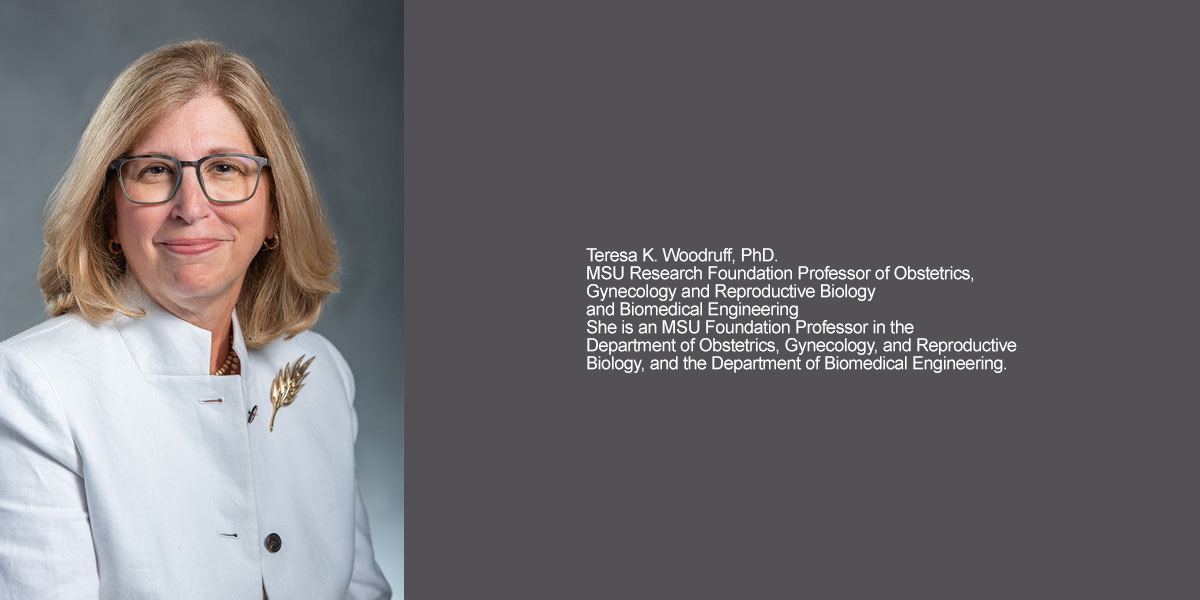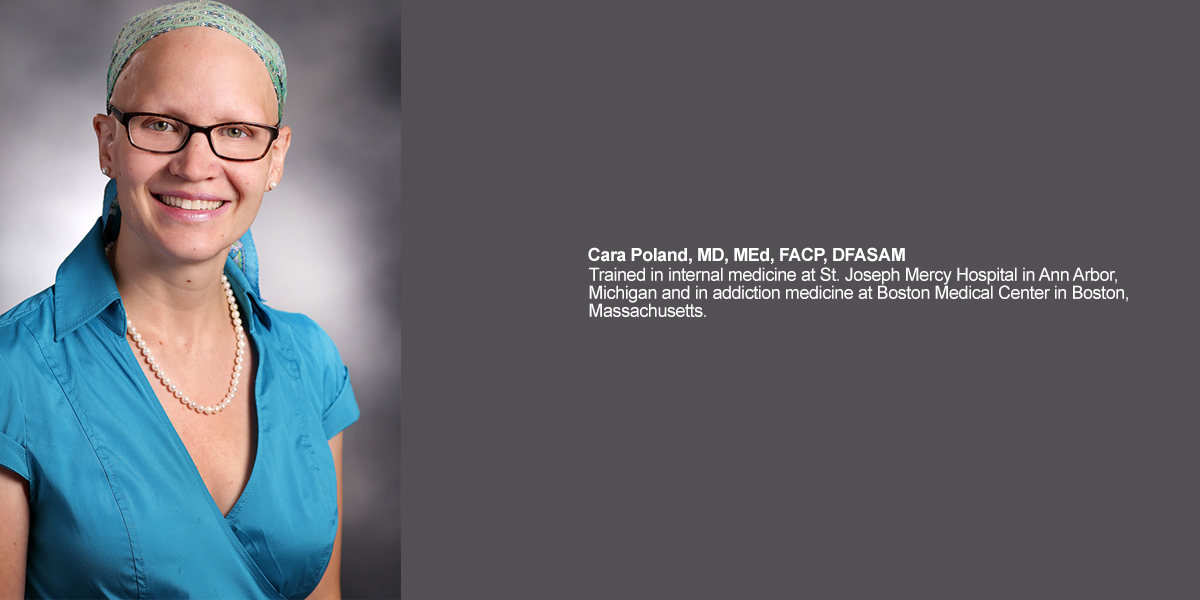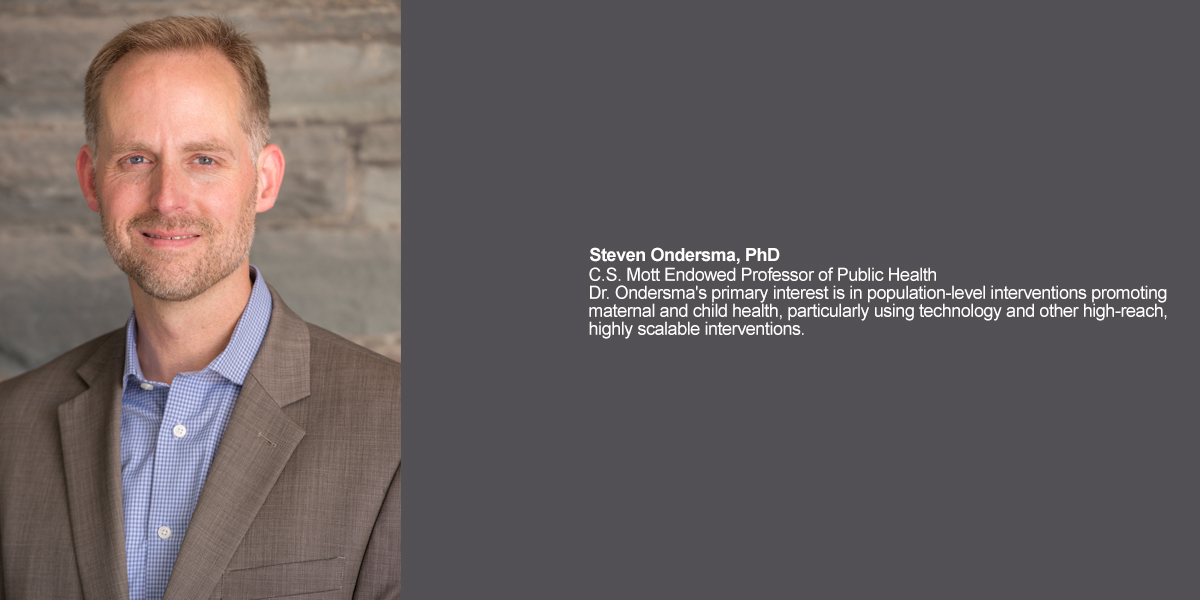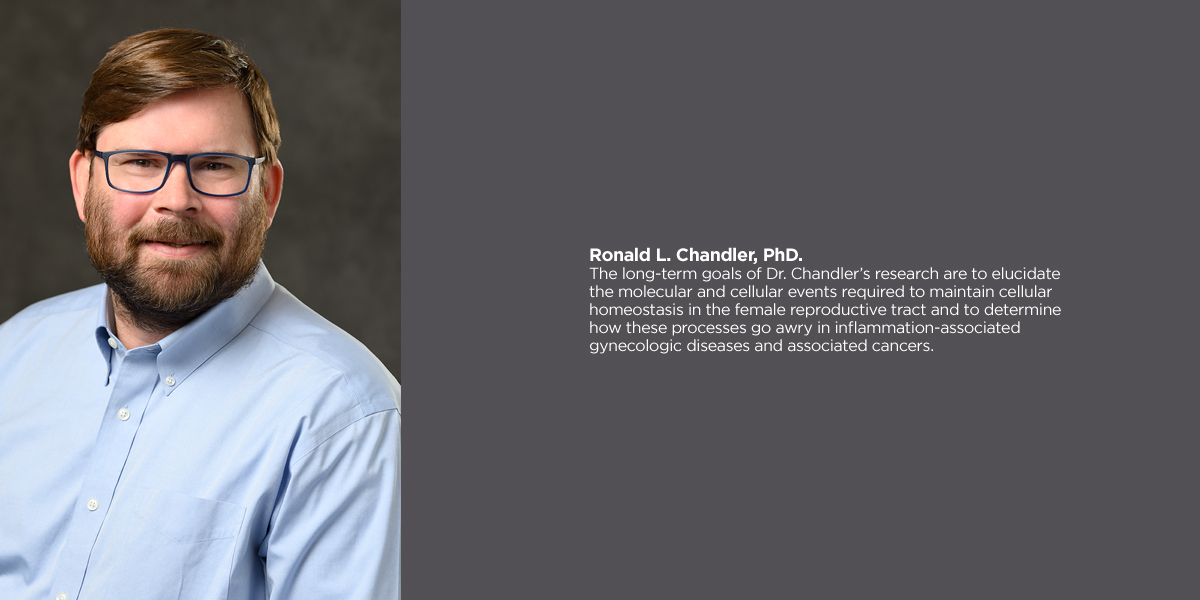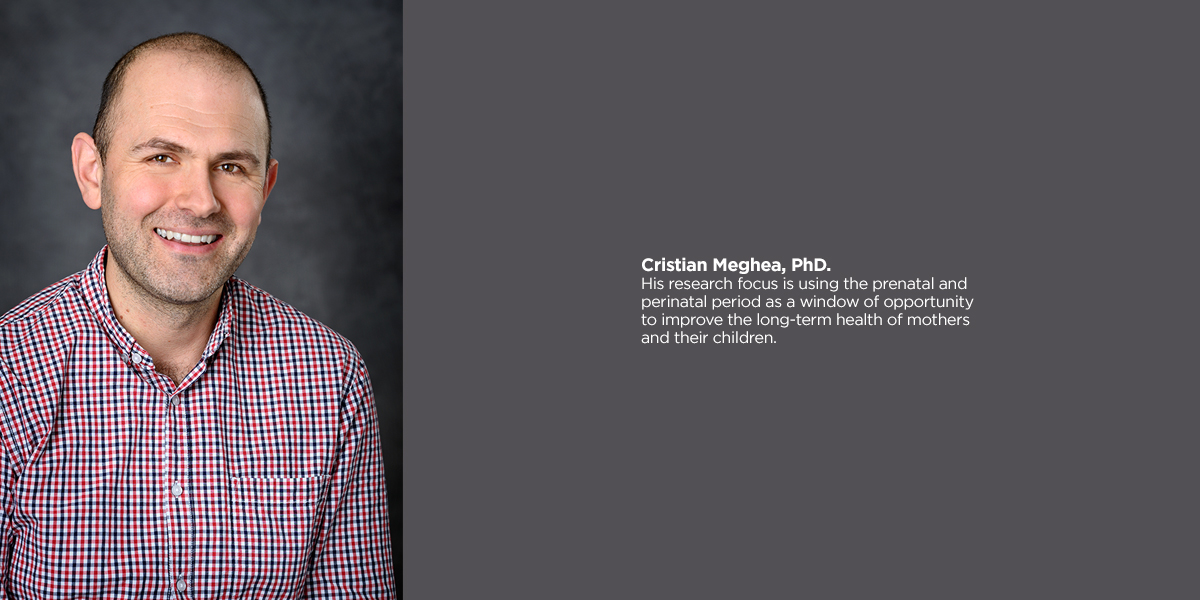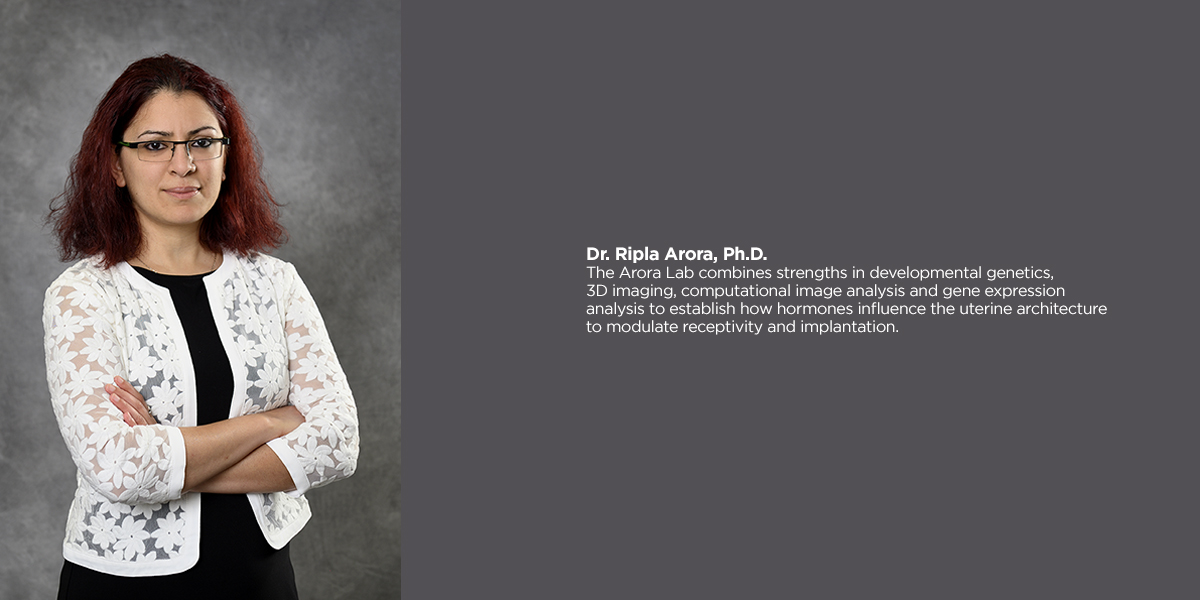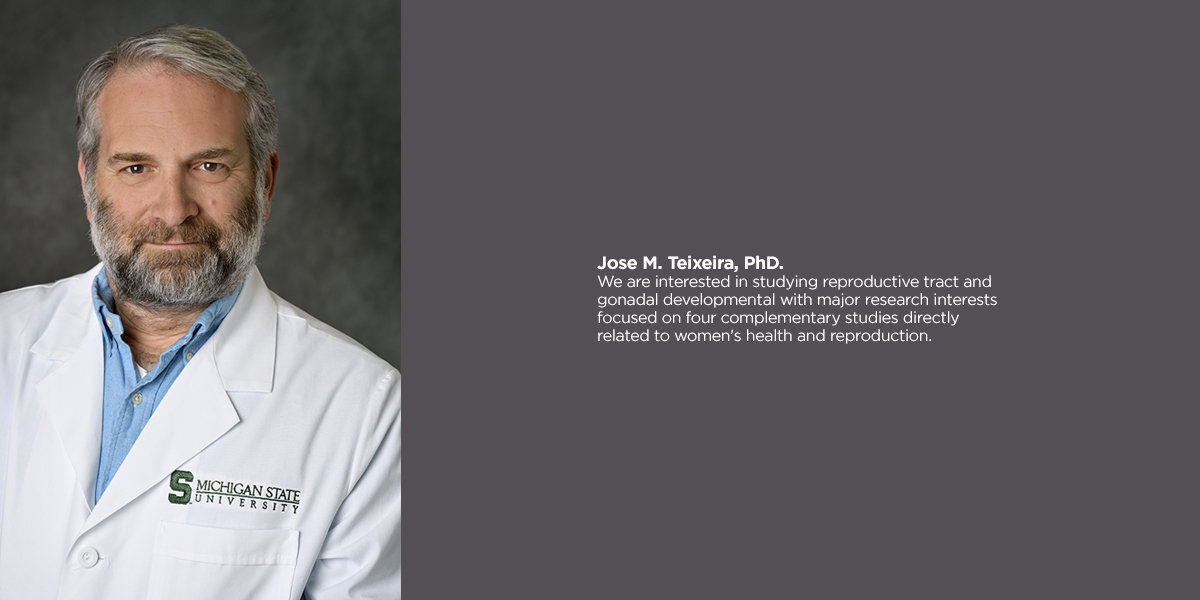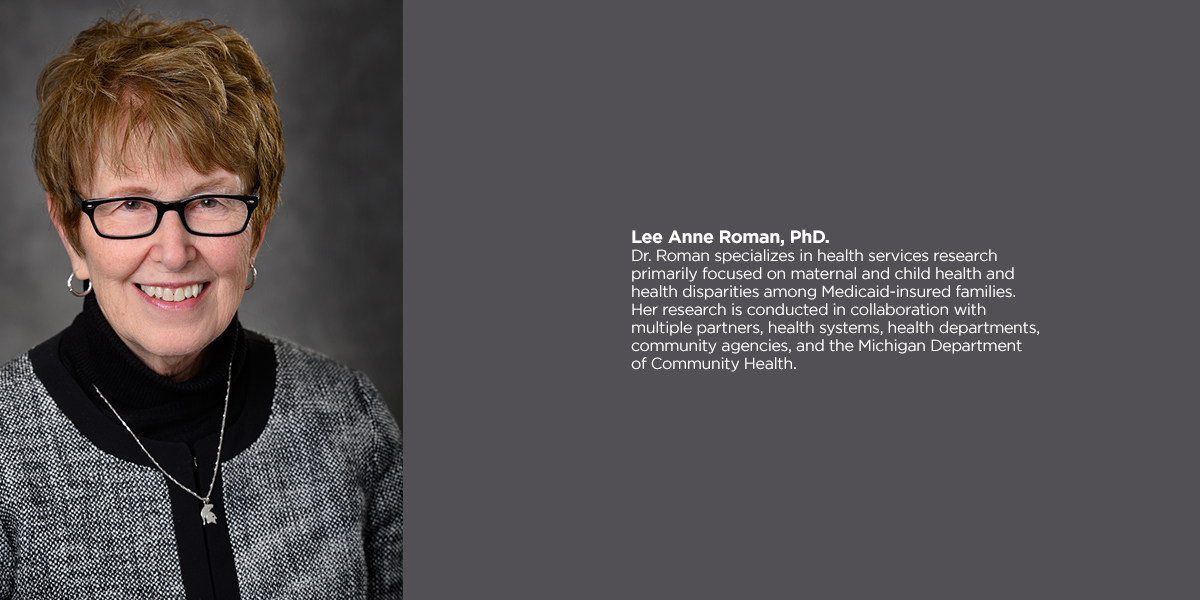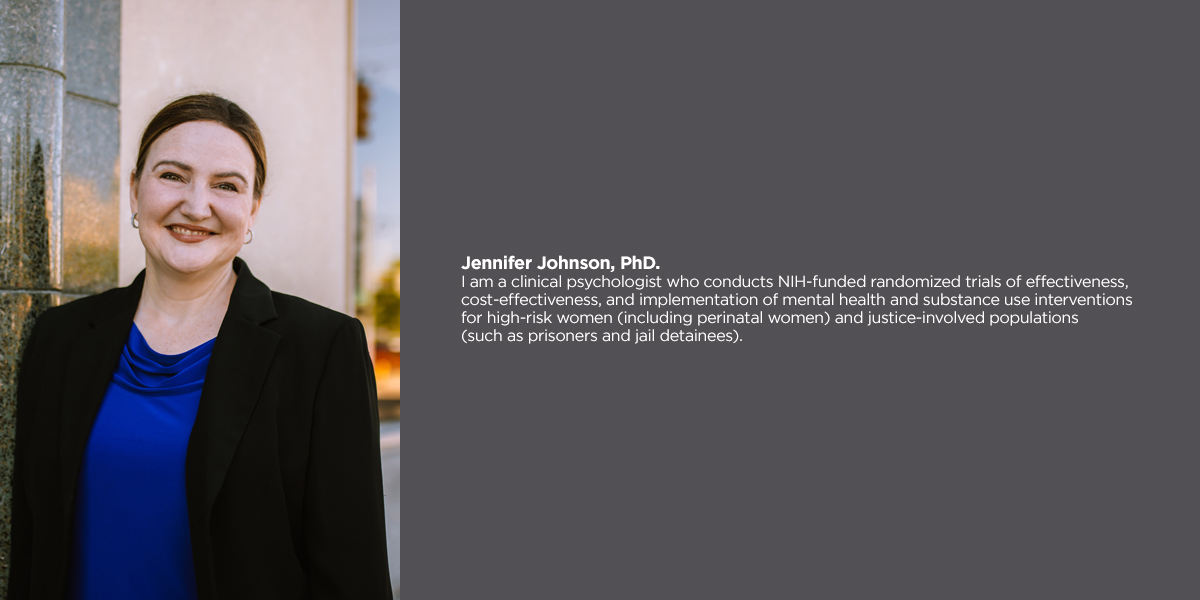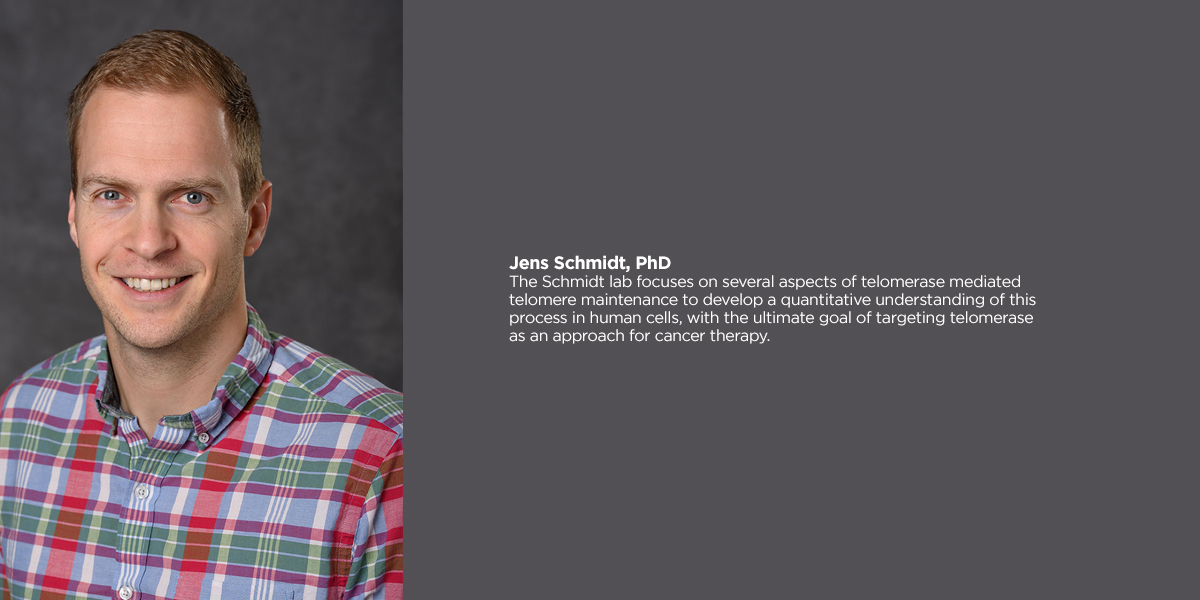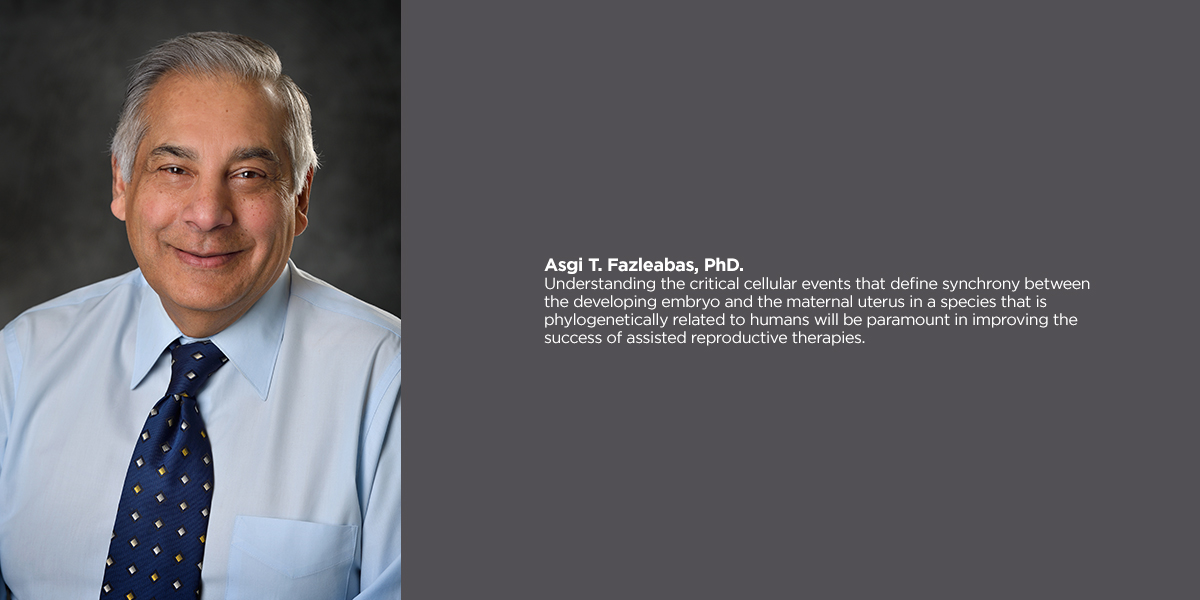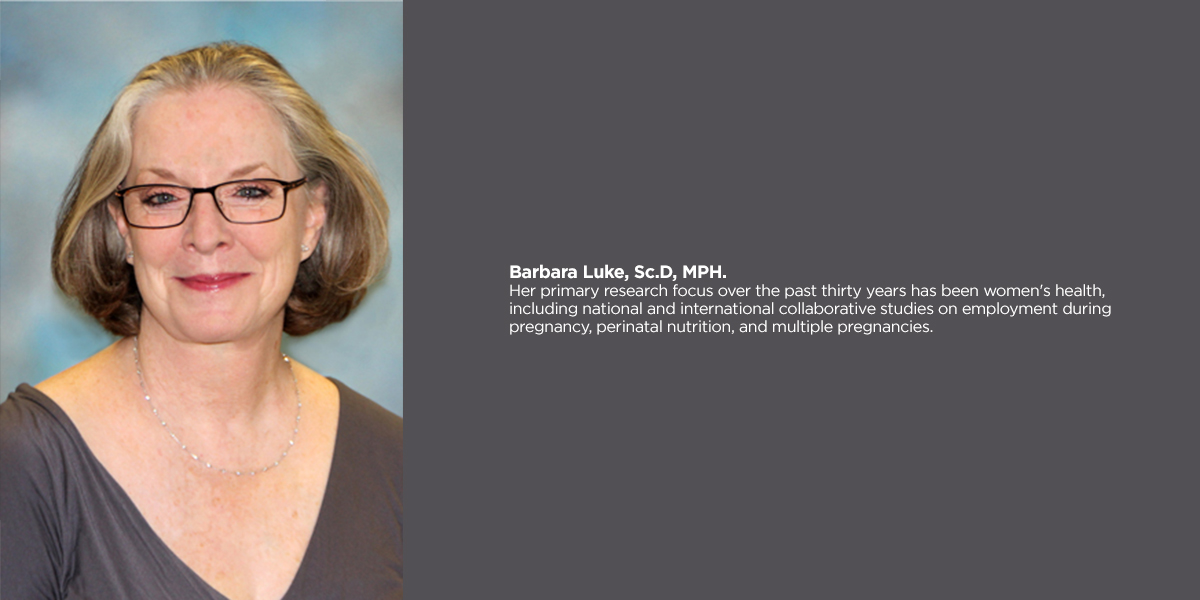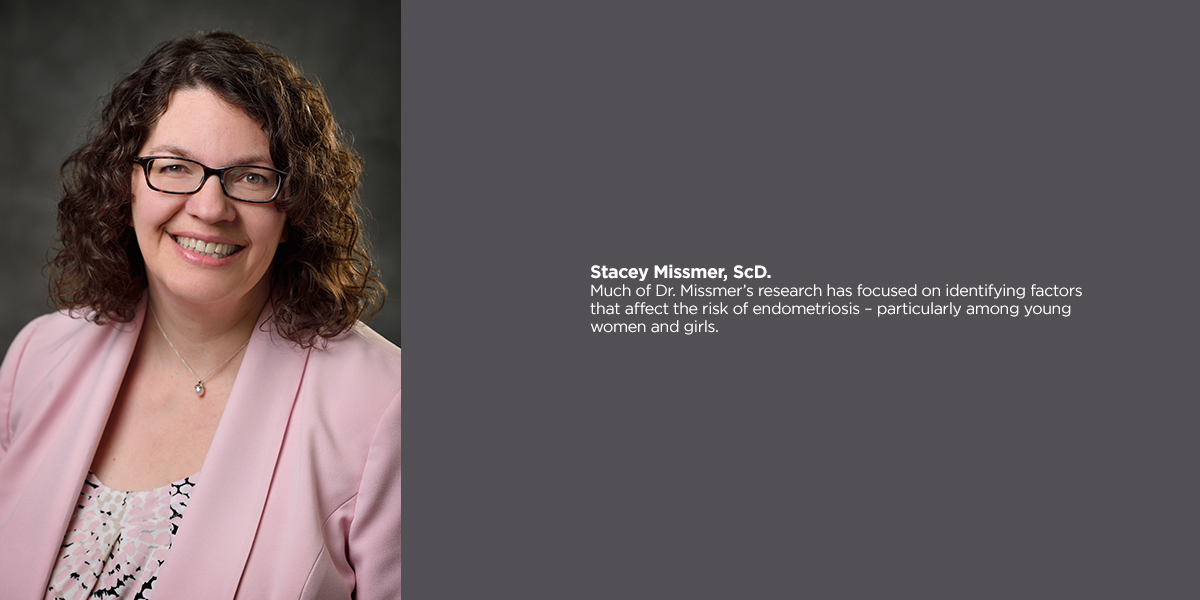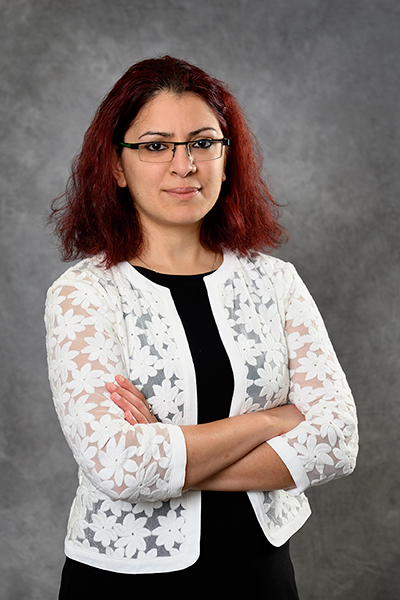Michigan State University’s Department of Obstetrics, Gynecology and Reproductive Biology in the College of Human Medicine has grown in prestige in the number of top researchers it has attracted, as well as garnering more federal grant funding.
Ripla Arora, Ph.D.
BIOGRAPHY
Ripla Arora received her Bachelors and Masters degree in Biochemistry from the University of Delhi, India. She went on to receive her PhD degree in Genetics and Development from Columbia University, New York where she studied the role of T-box transcription factors in vascular morphogenesis of the allantois (umbilical precursor) and epithelial branching in the lung. She completed her postdoctoral work in the Department of Obstetrics Gynecology and Reproductive Sciences at University of California, San Francisco where she developed novel 3D imaging and quantitative modeling of the murine uterus during preimplantation stages and the cycling human endometrium. She is currently an Associate Professor in the Department of Obstetrics, Gynecology and Reproductive Biology within the College of Human Medicine and a member of the Institute for Quantitative Health Science and Engineering at Michigan State University.
RESEARCH
Abnormalities during the establishment of pregnancy can have impacts far downstream, including miscarriage, placental insufficiency, intra-uterine growth restriction, preeclampsia and preterm birth. Early events of mammalian pregnancy, although crucial for normal development, are poorly understood. Owing to the small size and transparent nature of the early embryo, development from fertilization to blastocyst stages has been extensively documented by imaging. On the other hand deeper understanding of the 3D architecture of the embryo’s uterine environment and the uterine glands has lagged behind. Combining the strengths of developmental genetics, 3D imaging, computational image analysis and gene expression analysis, my laboratory will establish how hormones influence the uterine luminal and glandular epithelium to modulate receptivity and implantation.
AREAS OF EXPERTISE
- Uterine Biology - Maternal Fetal interactions
- Developmental Genetics
- Early embryo development
Publications
Aroralab.com
Reproductive and Developmental Sciences
Simulation Resources

Center for Simulation, Education and Research- Henry Ford Hospital
Creating an environment that fosters innovation and places emphasis on continuous learning benefits everyone: staff, patients and their families.
The 12,000-square-foot Center for Simulation, Education and Research at Henry Ford Hospital gives our professionals the ability to practice new approaches to health care and refine their clinical skills using state-of-the-art simulations in a risk-free environment.
Read More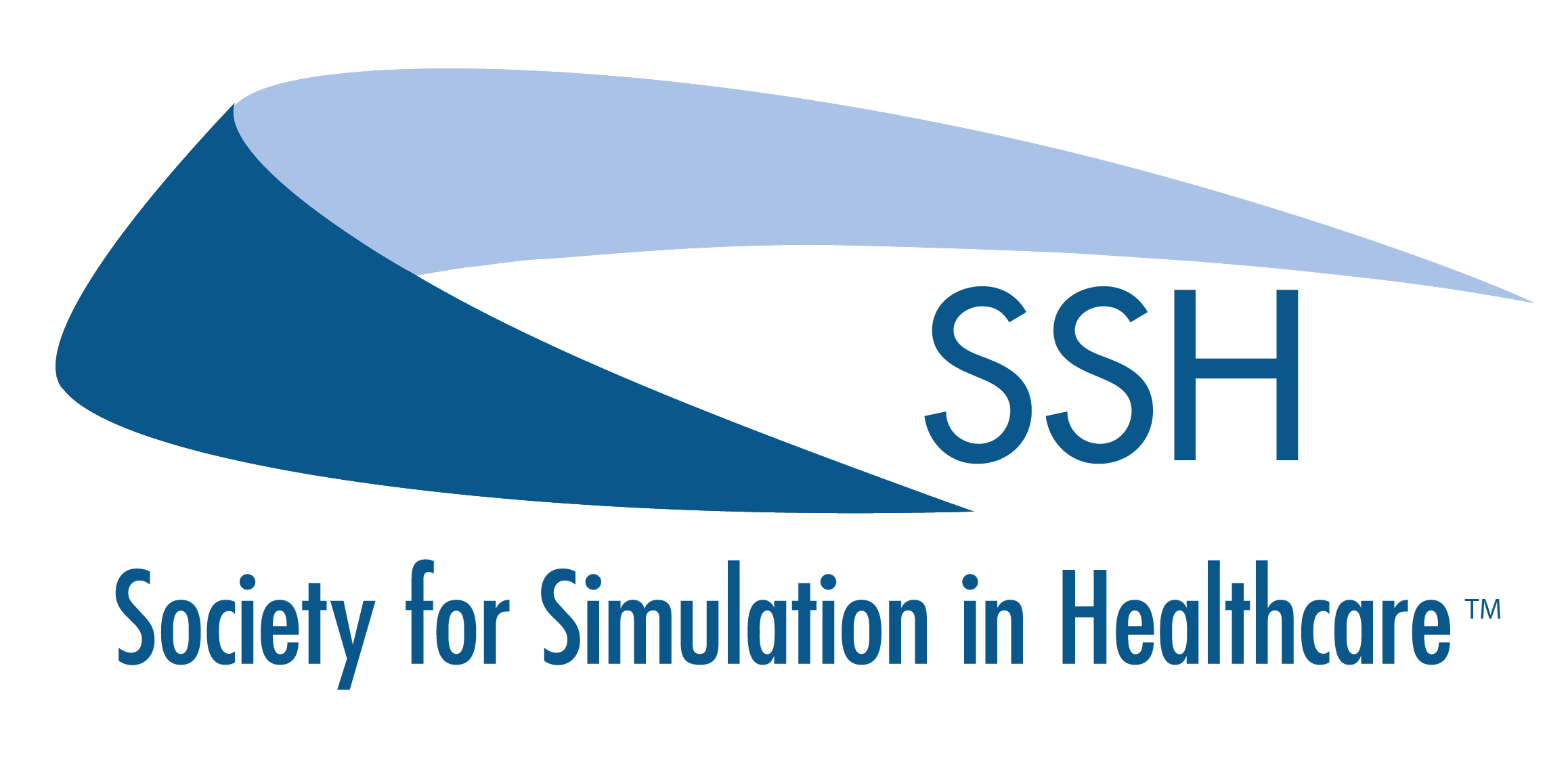
Society for Simulation in Healthcare: SIM Center Directory
Simulation education is a bridge between classroom learning and real-life clinical experience. Novices – and patients - may learn how to do injections by practicing on an orange with a real needle and syringe. Much more complex simulation exercises – similar to aviation curricula that provided the basis for healthcare – may rely on computerized mannequins that perform dozens of human functions realistically in a healthcare setting such as an operating room or critical care unit that is indistinguishable from the real thing. Whether training in a “full mission environment” or working with a desk top virtual reality machine that copies the features of a risky procedure, training simulations do not put actual patients at risk. Healthcare workers are subject to unique risks in real settings too, from such things as infected needles, knife blades and other sharps as well as electrical equipment, and they are also protected during simulations that allow them to perfect their craft.
Read More
Center for the Integration of Medicine and Innovative Technology (CIMIT)
CIMIT is a network of world-class academic and medical institutions partnering with industry and government. Our mission is to foster collaboration among clinicians, technologists, and entrepreneurs to accelerate innovation and catalyze the discovery, development, and implementation of innovative healthcare technologies.
Read More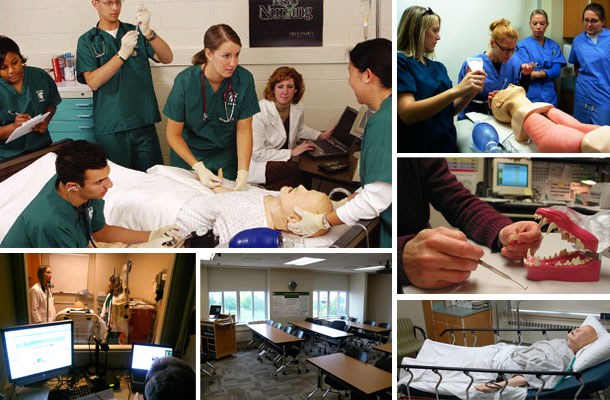
MSU- Learning Assessment Center- LAC
The Learning and Assessment Center (LAC) at Michigan State University (MSU) is a collaborative simulation center with partner colleges including Nursing, Human Medicine, Osteopathic Medicine and Veterinary Medicine.
Read More
University of Michigan- Clinical Simulation Center
The University of Michigan Medical School Department of Learning Health Sciences (DLHS) is a first-in-the-nation basic science department focused on the sciences related to learning across multiple levels of scale (i.e. individual, group, organization, region, nation). DLHS works to improve health in systemic ways by advancing the sciences that make learning effective, routine, and efficient.
Read More
World Simulation Centre Database
The UHBW Simulation Centre is the home of University Hospitals Bristol and Weston Trust (UHBW)’s Simulation Services team.
The UHBW Simulation Centre is a unique facility delivering expert multidisciplinary healthcare training. We use a range of simulation based education methods to give all healthcare staff the opportunity to learn, rehearse and perfect patient care and teamworking, from the simple to the highly complex.
Read MoreStacey Missmer, Sc.D.

BIOGRAPHY
Stacey Missmer, ScD. received her Bachelors degree in Biology from Lehigh University and her Master and Doctor of Science (Sc.D.) degrees in Epidemiology from Harvard School of Public Health. She joined the faculty of Harvard University as an Instructor in 2003 and was promoted to Assistant Professor in Obstetrics, Gynecology, and Reproductive Biology at Harvard Medical School and of Epidemiology at Harvard School of Public Health in 2006 and to Associate Professor in 2012. From 2012 until August 2016, Dr. Missmer was the faculty lead for the Reproductive, Perinatal and Pediatric Epidemiology (RPPE) concentration in the Department of Epidemiology, Harvard T.H. Chan School of Public Health. Also during these years, she was the Director of Epidemiologic Research and the Fellowship Research Director for the Division of Reproductive Medicine and also the Director of the Growing Up Today Study in the Channing Division of Network Medicine at Brigham and Women’s Hospital and Harvard Medical School. In 2016, Dr. Missmer was the first faculty member to be endowed through Michigan State University’s Global Impact Initiative and is currently Professor in the Department of Obstetrics, Gynecology and Reproductive Biology in the College of Human Medicine.
RESEARCH
Stacey Missmer joined the Nurses’ Health Study (NHS) Research Group at Harvard University in 1998 initially as a member of Dr. Susan Hankinson’s hormonal markers of breast cancer discovery team. Since then she has been the senior endometriosis investigator with the NHS Research Group. In 2007, Dr. Missmer joined the International Endogene Consortium as the US Principal Investigator - combining resources for GWAS discovery of endometriosis with Australia PI, Dr. Grant Montgomery and UK PI, Dr. Krina Zondervan. In 2012, Dr. Missmer co-founded the Boston Center for Endometriosis with Dr. Marc Laufer, and serves as the Scientific Director where she designed and leads the Women’s Health Study: from Adolescence to Adulthood (A2A) - a multi-hospital and population-based cohort with longitudinal data and biologic sample collection. In 2014 as a member of the World Endometriosis Research Foundation (WERF) Board of Directors, she conceived of and became Co-Principal Investigator with Dr. Zondervan of the Endometriosis Phenome and Biobanking Harmonization Project (EPHect). Dr. Missmer is currently the Chair-elect of the Endometriosis Special Interest Group and also Chair of the Nutrition Special Interest Group for the American Society of Reproductive Medicine (ASRM). Formerly an Associate Editor, she is a member of the Statistical Advisory Board for Human Reproduction and currently serves on the Data Safety and Monitoring Board of the NIH Reproductive Medicine Network (RMN). Author of more than 200 peer reviewed publications, reviews, and book chapters, her research has focused on causes, consequences, and discovery of modifiable factors related to reproductive health.
Much of Dr. Missmer’s research has focused on identifying factors that affect the risk of endometriosis – particularly among young women and girls. Her research team has confirmed or identified variation in the population-based incidence of endometriosis associated with in utero exposures and early life body size, exercise, and dietary intake. Dr. Missmer’s team has been critical in considering validity of study design and analytic approaches, since we are hindered by a potentially large pool of undiagnosed and underserved women and girls given the diagnostic difficulties for endometriosis. In addition, her research suggests that girls and women with endometriosis may be a “high risk” group for autoimmune disease, cardiovascular disease, and specific cancer types – reinforcing the importance of longitudinal discovery. Critical to this discovery is defining and validating endometriosis heterogeneity by applying precision medicine methods that have successfully revolutionized our understanding risk, treatment, and prognosis among cancer subtypes.
This lifecourse and subgroup-centric approach also applies to Dr. Missmer’s second area of research – predictors of infertility, access and response to infertility treatment, and the longterm health of women with infertility. In 1998 she joined Dr. Dan Cramer’s multi-site study of predictors of in vitro fertilization (IVF) outcomes, assuming the role of Principal Investigator in 2006. Within this cohort of nearly 3000 couples undergoing IVF, this team has explored the relations between diet, physical activity, cigarette smoking and caffeine and alcohol consumption on successful conception and livebirth. She has also led the design and analyses for clinical studies of IVF outcomes with Drs. Catherine Racowsky and Elizabeth Ginsburg of the Center for Infertility and Reproductive Surgery at Brigham and Women’s Hospital. Within the Nurses’ Health Study II, her team has evaluated demographic and lifestyle characteristics influencing infertility treatment seeking and exposure patterns.
Stepping up to reduce mental illness in jail
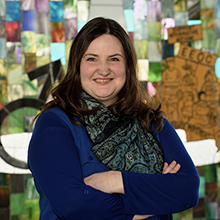
The national Stepping Up Initiative is helping hundreds of counties nationwide reduce the number of people with mental illnesses in jails. A Michigan State University professor and her colleague have been awarded a grant to study how the program works and determine what techniques can be adopted to improve treatment for individuals with mental illnesses and keep them out of jail.
“Our primary goal is to learn more about how county agencies can work together to reduce the number of mentally ill people in county jails,” said Jennifer Johnson, a C.S. Mott Endowed Professor of Public Health at MSU College of Human Medicine. “It’s a chance to learn what works and how we can help counties address these problems.”
Teresa Woodruff, PhD
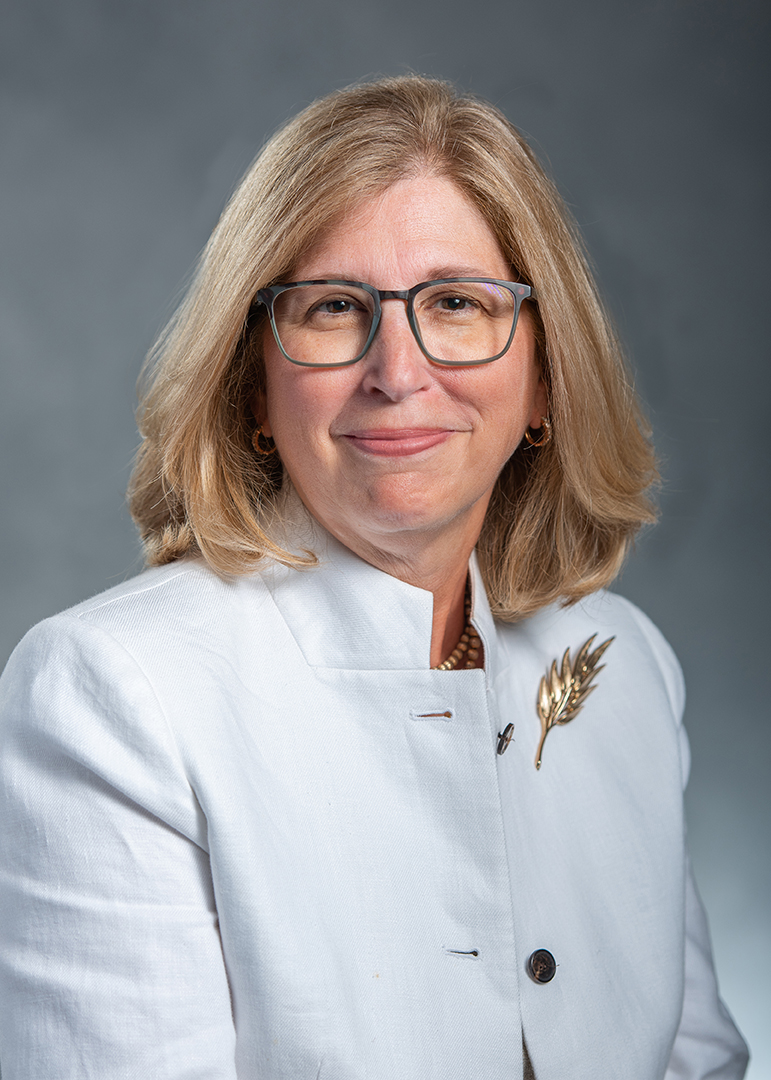
ABOUT
Teresa K. Woodruff, Ph.D., is the MSU Research Foundation Professor of Obstetrics, Gynecology and Reproductive Biology and Biomedical Engineering. She is an MSU Foundation Professor in the Department of Obstetrics, Gynecology, and Reproductive Biology, and the Department of Biomedical Engineering.
As a leading research scientist, Woodruff was awarded the Presidential Award for Excellence in Science Mentoring by President Obama in an oval office ceremony in 2011. Most recently, Woodruff was a recipient of the Endocrine Society’s 2021 Laureate Award, a top honor that recognizes the highest achievements in the field of endocrinology. She holds 13 U.S. Patents and is an elected fellow of the American Academy of Arts and Sciences (2020), the National Academy of Medicine (2018), the National Academy of Inventors (2018), the American Institute for Medical and Biomedical Engineers (2017), and the American Association for the Advancement of Science (2006).
Woodruff earned her Ph.D. in Biochemistry, Molecular Biology, and Cell Biology from Northwestern University and holds a B.S. in Zoology and Chemistry from Olivet Nazarene University.
RESEARCH
Dr. Woodruff is an internationally recognized expert in ovarian biology and reproductive science. In 2006, she coined the term “oncofertility” to describe the merging of two fields: oncology and fertility. In addition, she championed the new National Institutes of Health (NIH) policy mandating the use of females in fundamental research.
